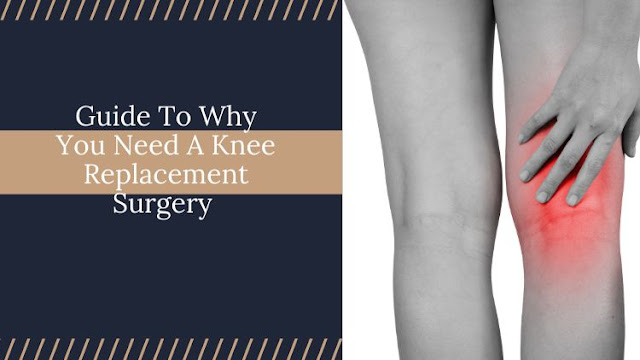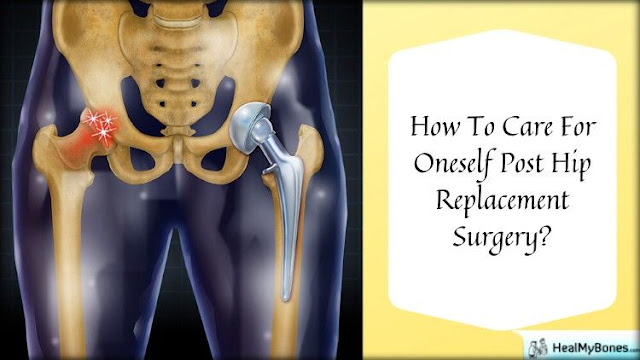Is a bad knee getting in the way of the things you love? There are possible signs that you need a knee surgery asap! Knee osteoarthritis develops over time and can sneak up on you. When you do begin to experience symptoms, much of the damage may already be done. Therefore, in this case you need to get on touch with the best doctor for knee pain in Kolkata and communicate your issues. Meanwhile, let's find out in the blog below about the signs you need to lookout for.
- Knee pain manifests in many ways. Pain that comes on with activity and limits what you can do is a clear signal to seek help.Pain that comes on after activity, also known as 'payback pain', can be a warning that your knee isn't performing as it should.
- The way your knee looks can be just as important as the way it feels. Changes in the appearance of your knee can be a sign of inflammation. If your leg swells, or looks different from the other then it may be time to speak with a specialist.
- Difficulty sitting down in a low seat such as in a car or cinema because your knee refuses to bend is a common sign of osteoarthritis. Seizing or catching of the joint during movement can also indicate advanced deterioration or maybe a loose bone fragment has become lodged in the joint.
- It doesn't matter if you want to climb the stairs or simply prune the garden, any symptom that prevents or limits your ability to do the things you love is cause for concern. With a little help, a bad knee doesn't have to impact your quality of life.
Most knee problems don't require a full knee replacement. Therefore it is advisable to get in touch with one of the top 10 orthopedic surgeon in India and book an appointment for an advanced diagnosis.
Audio Version: 4 Signs You Need A Knee Replacement Surgery ASAP!
Direction: https://g.page/dr-manoj-kumar-khemani






